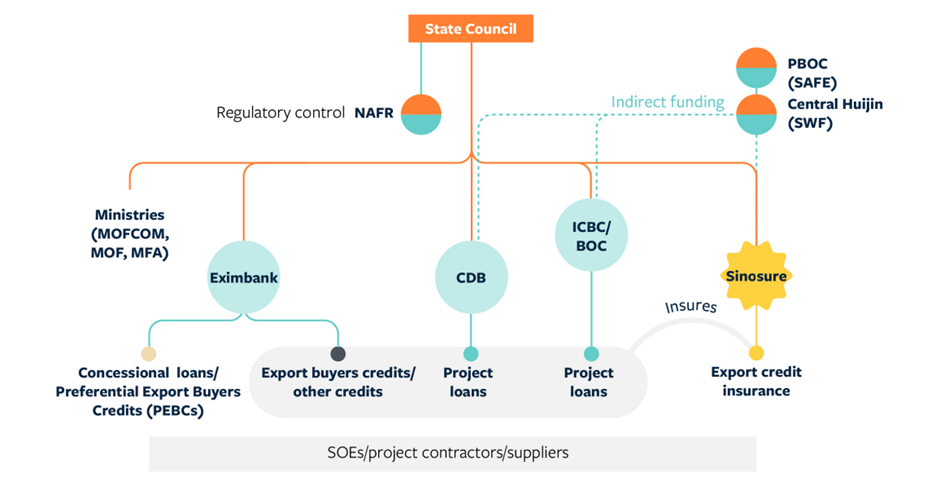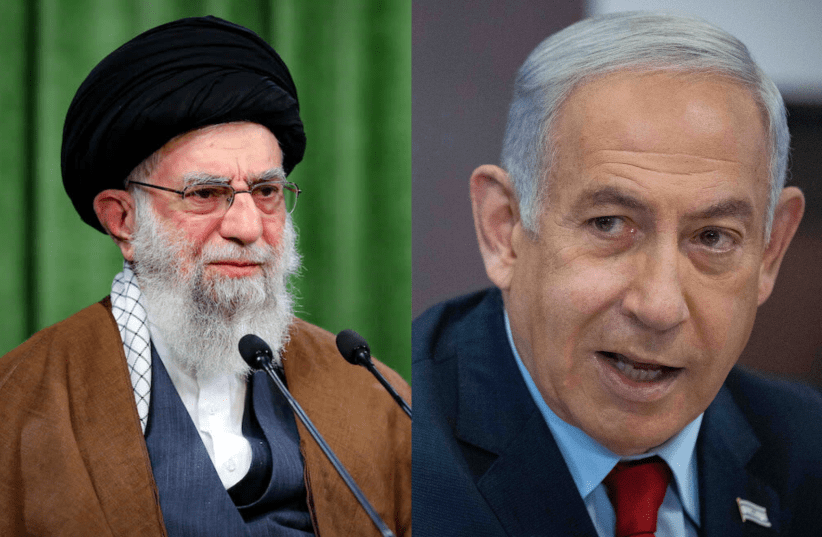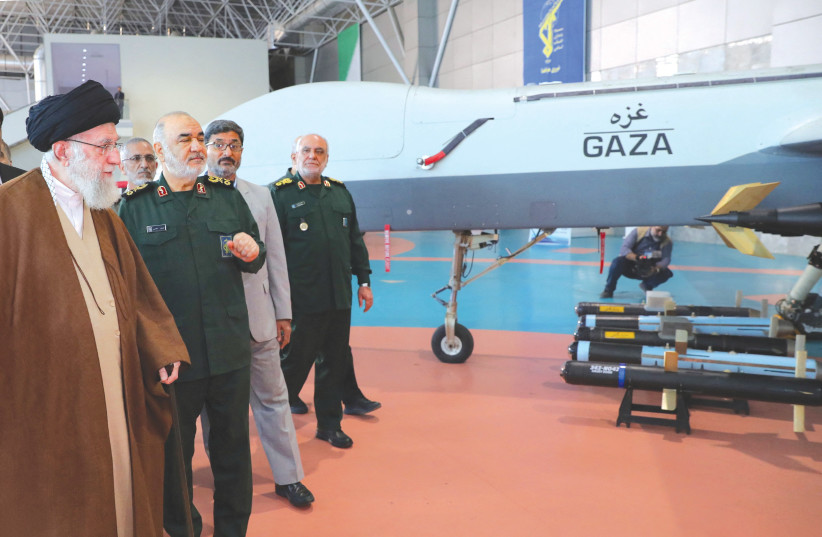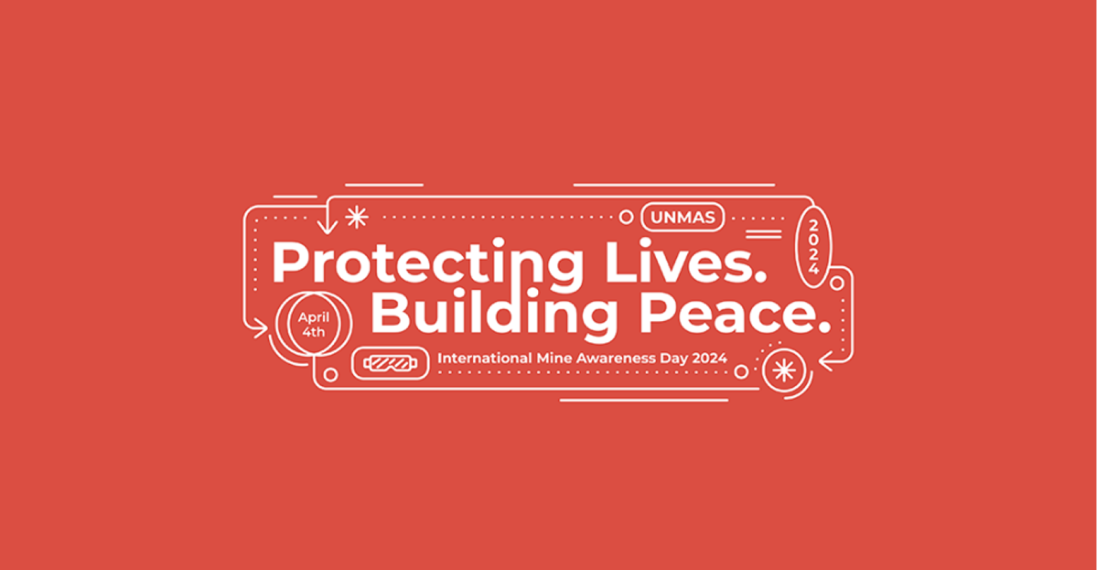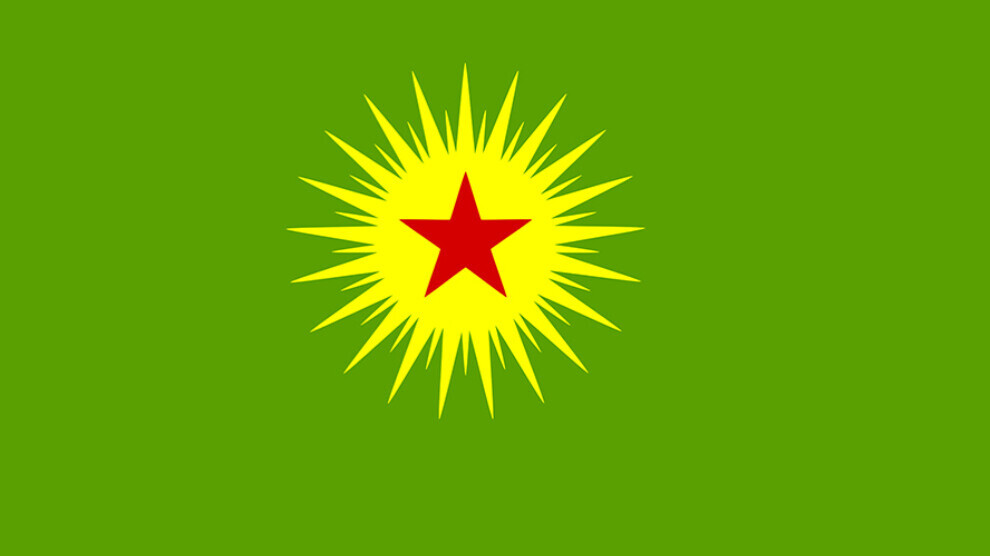Good news: Democracy won in Senegal. Here’s why it matters.
When so much of the world is backsliding on democratic norms, Senegal’s election reveals a trend toward democracy in Africa.
By Ellen Ioanes
Apr 4, 2024
/cdn.vox-cdn.com/uploads/chorus_image/image/73254808/2126136543.0.jpg)
Bassirou Diomaye Faye, Senegal’s youngest president, was sworn in on April 2, 2024.
Ellen Ioanes covers breaking and general assignment news as the weekend reporter at Vox. She previously worked at Business Insider covering the military and global conflicts.
2024 is the biggest global election year in history and the future of democracy is on every ballot. But amid an international backsliding in democratic norms, including in countries with a longer history of democracy like India, Senegal’s election last week was a major win for democracy. It’s also an indication that a new political class is coming of age in Africa, exemplified by Senegal’s new 44-year-old president, Bassirou Diomaye Faye.
The West African nation managed to pull off a free and fair election on March 24 despite significant obstacles, including efforts by former President Macky Sall to delay the elections and imprison or disqualify opposition candidates. Add those challenges to the fact that many neighboring countries in West Africa — most prominently Mali, Burkina Faso, and Niger, but other nations across the region too — have been repeatedly undermined by military coups since 2020.
Sall had been in power since 2012, serving two terms. He declined to seek a third term following years of speculation that he would do so despite a constitutional two-term limit. But he attempted to extend his term, announcing in February that elections (originally to be held that month) would be pushed off until the end of the year in defiance of the electoral schedule.
Sall’s allies in the National Assembly approved the measure, but only after security forces removed opposition politicians, who vociferously protested the delay. Senegalese society came out in droves to protest Sall’s attempted self-coup, and the Constitutional Council ruled in late February that Sall’s attempt to stay in power could not stand.
That itself was a win for democracy. Still, opposition candidates, including Faye, though legally able to run, remained imprisoned until just days before the election — while others were barred from running at all. The future of Senegal’s democracy seemed uncertain at best.
Cut to Tuesday, when Sall stepped down and handed power to Faye, a former tax examiner who won on a campaign of combating corruption, as well as greater sovereignty and economic opportunity for the Senegalese. And it was young voters who carried Faye to victory.
“What it tells us is that young people in the continent are becoming very assertive,” Joseph Sany, the vice president of the US Institute of Peace’s Africa Center, told Vox. “Very active in the party politics, right? Because they are the first victims when democracy does not deliver.”
The strength of Senegal’s democracy depends on several factors that go beyond any single politician, including relatively robust, independent democratic institutions like the courts and, perhaps surprisingly, the military. Those elements set it apart from other African nations presently under military rule.
“This election showed the resilience of the democracy in Senegal that resisted the shock of an unexpected postponement,” Adele Ravidà, Senegal country director at the lnternational Foundation for Electoral Systems, told Vox via email. “... after a couple of years of unprecedented episodes of violence [the Senegalese people] turned the page smoothly, allowing a peaceful transfer of power.”
And though Faye’s aims won’t be easy to achieve, his win can tell us not only about how Senegal managed to establish its young democracy, but also about the positive trend of democratic entrenchment and international cooperation in African nations, and the power of young Africans.
Senegal’s election is deeply important given challenges to democracy in Africa
In Senegal, Sall had been trying to erode democratic norms for months prior to his decision to postpone elections back in February, leading some observers to worry that Senegal’s democracy was in serious danger.
Sall “had taken the country through this whole odyssey whether he was going to go for a third term or not, which was very stressful,” Joseph Siegle, research director at the Africa Center for Strategic Studies, said in a February interview with Vox. “It led to protest and death; there were some 50 people who died in the protests, there were more restrictions on free press and just a growing sense that he was testing and weakening the democratic institutions.”
There have been a series of coups in the Sahel — an African region roughly stretching from Senegal in the west to Sudan in the east — starting with Mali in August 2020. On the surface, it could look like these countries were dominoes falling, or that the coup phenomenon was somehow “contagious.” (A coup can be defined as a sudden and violent change in power by extralegal means.)
But coups remain a fairly rare phenomenon around the world, as the political scientists Jonathan Powell and Clayton Thyne demonstrate through their research. In a recent Voice of America piece, Powell and Thyne’s research showed that from 1950 through October 2023, there were 492 coup attempts globally, 245 of which were successful.
Poverty, polarization, corruption, weak institutions, a lack of safety and security, and high inequality are important factors that drive nondemocratic transitions of power, but they don’t, on their own, necessarily trigger coups.
Perhaps the biggest predictor of whether a coup will happen in any given country is precedent: Has there been a coup attempt before? Any sort of precedent, whether or not the attempt was successful, shows that it’s at least possible to try, and that other indicators for coup conditions are present.
“If you’ve had a coup attempt in the last three years, controlling for a bunch of different factors, there are various studies that point to your probability of having a coup in the current year to be something between 25 and 40 percent, which is really, really high when you think about how rare these events are otherwise,” Powell told Vox in an interview last September.
To think that coups are somehow contagious would both discount the complexity of why the phenomenon occurs, and ignore opposite trends of democratic entrenchment in Africa, particularly in Liberia, Nigeria, and Sierra Leone, Sany said.
What makes Senegal different?
Since it gained independence from France in 1960, Senegal has never had a coup — military or civilian. Increasingly strong and competitive democracy has been the norm for Senegal, and the country’s civil society went out in great force over the past three years of Sall’s term to enforce those norms.
“I think that it is really the victory of the democratic institutions — the government, but also civil society organization,” Sany said. “They were mobilized, from the unions, teacher unions, workers, NGOs. The civil society in Senegal is one of the most experienced, well-organized democratic institutions on the continent.” Senegalese civil society also pushed back against former President Abdoulaye Wade’s attempt to cling to power back in 2012, and the Senegalese people voted him out.
Though governmental institutions like the courts and the National Assembly do not have equal power to the presidency in Senegal, it’s important to note the Constitutional Council’s independence back in February when it ruled that Sall could not push back elections. (The council oversees some parts of the electoral process and adjudicates electoral and election policy disputes between the president and members of the National Assembly, among other duties.)
That decision clearly had the support of civil society, Sany said, but also international actors including the US, the Economic Community of West African States (ECOWAS), and France, all of whom were united in reinforcing this decision — and pressuring Sall to reverse course.
Such pressure is much easier to apply to civilian politicians than military leaders, which leads to another critical characteristic of Senegal’s democracy: Its military is highly professionalized and has not been politicized in the way that the militaries of other nations like Mali and Sudan have, experts told Vox.
“In most of those countries, the military was designed for regime preservation, not for the preservation of the republic,” Sany said. Members of the Senegalese military are “extremely well-educated — the level of education is very high compared to other militaries in the region and then they have been exposed to national peacekeeping missions,” allowing the military to work with and learn from other professional forces. In a situation like that, the military is less likely to start a coup because they don’t see it as their job to have power.
Senegal also doesn’t face the same risk as other nations from Islamist insurgencies like ISIS-West Africa Province — possibly due to the proliferation of Sufi Islam and the nation’s identity as politically secular — though there is always a possibility that regional insurgencies could spill over its borders. In countries where terror attacks are common, it becomes easier for military personnel to convince civilians that the way to security is to have the military in charge — although increased violence in the region despite the presence of military governments disputes that.
Faye will still have his work cut out for him accomplishing the goals he campaigned on, including economic prosperity, transparency, food security, increased sovereignty, and the strengthening of democratic institutions. This will be important, especially for Senegal’s young people, who are at the forefront of another major trend.
Young Africans will play an increasingly key role in the coming decades, both on the continent and on the global stage; Africa’s youth population (people aged 15 to 24) will make up approximately 35 percent of the world’s youth population by 2050, and Africa’s population is expected to grow from 1.5 billion to 2.5 billion during that time. In Senegal, people aged 10 to 24 make up 32 percent of the population, according to the UN.
“These young people have connected to the rest of the world,” Sany said. “They see what’s happening. They are interested. They are smart. They are more educated.” And they have high expectations not only for their economic future but also for their civil rights and autonomy.
The reality of government is always different from the promise of campaigning, but Faye’s election is part of a promising trend of democratic entrenchment in Africa, exemplified by successful transitions of power in Nigeria, Liberia, and Sierra Leone over the past year. To be sure, those elections were not without challenges, but on the whole, they provide an important counterweight to democratic backsliding.
Senegalese people, especially the younger generation, have high expectations for what democracy can and should deliver for them. It’s up to Faye and his government to follow through.
2024 is the biggest global election year in history and the future of democracy is on every ballot. But amid an international backsliding in democratic norms, including in countries with a longer history of democracy like India, Senegal’s election last week was a major win for democracy. It’s also an indication that a new political class is coming of age in Africa, exemplified by Senegal’s new 44-year-old president, Bassirou Diomaye Faye.
The West African nation managed to pull off a free and fair election on March 24 despite significant obstacles, including efforts by former President Macky Sall to delay the elections and imprison or disqualify opposition candidates. Add those challenges to the fact that many neighboring countries in West Africa — most prominently Mali, Burkina Faso, and Niger, but other nations across the region too — have been repeatedly undermined by military coups since 2020.
Sall had been in power since 2012, serving two terms. He declined to seek a third term following years of speculation that he would do so despite a constitutional two-term limit. But he attempted to extend his term, announcing in February that elections (originally to be held that month) would be pushed off until the end of the year in defiance of the electoral schedule.
Sall’s allies in the National Assembly approved the measure, but only after security forces removed opposition politicians, who vociferously protested the delay. Senegalese society came out in droves to protest Sall’s attempted self-coup, and the Constitutional Council ruled in late February that Sall’s attempt to stay in power could not stand.
That itself was a win for democracy. Still, opposition candidates, including Faye, though legally able to run, remained imprisoned until just days before the election — while others were barred from running at all. The future of Senegal’s democracy seemed uncertain at best.
Cut to Tuesday, when Sall stepped down and handed power to Faye, a former tax examiner who won on a campaign of combating corruption, as well as greater sovereignty and economic opportunity for the Senegalese. And it was young voters who carried Faye to victory.
“What it tells us is that young people in the continent are becoming very assertive,” Joseph Sany, the vice president of the US Institute of Peace’s Africa Center, told Vox. “Very active in the party politics, right? Because they are the first victims when democracy does not deliver.”
The strength of Senegal’s democracy depends on several factors that go beyond any single politician, including relatively robust, independent democratic institutions like the courts and, perhaps surprisingly, the military. Those elements set it apart from other African nations presently under military rule.
“This election showed the resilience of the democracy in Senegal that resisted the shock of an unexpected postponement,” Adele Ravidà, Senegal country director at the lnternational Foundation for Electoral Systems, told Vox via email. “... after a couple of years of unprecedented episodes of violence [the Senegalese people] turned the page smoothly, allowing a peaceful transfer of power.”
And though Faye’s aims won’t be easy to achieve, his win can tell us not only about how Senegal managed to establish its young democracy, but also about the positive trend of democratic entrenchment and international cooperation in African nations, and the power of young Africans.
Senegal’s election is deeply important given challenges to democracy in Africa
In Senegal, Sall had been trying to erode democratic norms for months prior to his decision to postpone elections back in February, leading some observers to worry that Senegal’s democracy was in serious danger.
Sall “had taken the country through this whole odyssey whether he was going to go for a third term or not, which was very stressful,” Joseph Siegle, research director at the Africa Center for Strategic Studies, said in a February interview with Vox. “It led to protest and death; there were some 50 people who died in the protests, there were more restrictions on free press and just a growing sense that he was testing and weakening the democratic institutions.”
There have been a series of coups in the Sahel — an African region roughly stretching from Senegal in the west to Sudan in the east — starting with Mali in August 2020. On the surface, it could look like these countries were dominoes falling, or that the coup phenomenon was somehow “contagious.” (A coup can be defined as a sudden and violent change in power by extralegal means.)
But coups remain a fairly rare phenomenon around the world, as the political scientists Jonathan Powell and Clayton Thyne demonstrate through their research. In a recent Voice of America piece, Powell and Thyne’s research showed that from 1950 through October 2023, there were 492 coup attempts globally, 245 of which were successful.
Poverty, polarization, corruption, weak institutions, a lack of safety and security, and high inequality are important factors that drive nondemocratic transitions of power, but they don’t, on their own, necessarily trigger coups.
Perhaps the biggest predictor of whether a coup will happen in any given country is precedent: Has there been a coup attempt before? Any sort of precedent, whether or not the attempt was successful, shows that it’s at least possible to try, and that other indicators for coup conditions are present.
“If you’ve had a coup attempt in the last three years, controlling for a bunch of different factors, there are various studies that point to your probability of having a coup in the current year to be something between 25 and 40 percent, which is really, really high when you think about how rare these events are otherwise,” Powell told Vox in an interview last September.
To think that coups are somehow contagious would both discount the complexity of why the phenomenon occurs, and ignore opposite trends of democratic entrenchment in Africa, particularly in Liberia, Nigeria, and Sierra Leone, Sany said.
What makes Senegal different?
Since it gained independence from France in 1960, Senegal has never had a coup — military or civilian. Increasingly strong and competitive democracy has been the norm for Senegal, and the country’s civil society went out in great force over the past three years of Sall’s term to enforce those norms.
“I think that it is really the victory of the democratic institutions — the government, but also civil society organization,” Sany said. “They were mobilized, from the unions, teacher unions, workers, NGOs. The civil society in Senegal is one of the most experienced, well-organized democratic institutions on the continent.” Senegalese civil society also pushed back against former President Abdoulaye Wade’s attempt to cling to power back in 2012, and the Senegalese people voted him out.
Though governmental institutions like the courts and the National Assembly do not have equal power to the presidency in Senegal, it’s important to note the Constitutional Council’s independence back in February when it ruled that Sall could not push back elections. (The council oversees some parts of the electoral process and adjudicates electoral and election policy disputes between the president and members of the National Assembly, among other duties.)
That decision clearly had the support of civil society, Sany said, but also international actors including the US, the Economic Community of West African States (ECOWAS), and France, all of whom were united in reinforcing this decision — and pressuring Sall to reverse course.
Such pressure is much easier to apply to civilian politicians than military leaders, which leads to another critical characteristic of Senegal’s democracy: Its military is highly professionalized and has not been politicized in the way that the militaries of other nations like Mali and Sudan have, experts told Vox.
“In most of those countries, the military was designed for regime preservation, not for the preservation of the republic,” Sany said. Members of the Senegalese military are “extremely well-educated — the level of education is very high compared to other militaries in the region and then they have been exposed to national peacekeeping missions,” allowing the military to work with and learn from other professional forces. In a situation like that, the military is less likely to start a coup because they don’t see it as their job to have power.
Senegal also doesn’t face the same risk as other nations from Islamist insurgencies like ISIS-West Africa Province — possibly due to the proliferation of Sufi Islam and the nation’s identity as politically secular — though there is always a possibility that regional insurgencies could spill over its borders. In countries where terror attacks are common, it becomes easier for military personnel to convince civilians that the way to security is to have the military in charge — although increased violence in the region despite the presence of military governments disputes that.
Faye will still have his work cut out for him accomplishing the goals he campaigned on, including economic prosperity, transparency, food security, increased sovereignty, and the strengthening of democratic institutions. This will be important, especially for Senegal’s young people, who are at the forefront of another major trend.
Young Africans will play an increasingly key role in the coming decades, both on the continent and on the global stage; Africa’s youth population (people aged 15 to 24) will make up approximately 35 percent of the world’s youth population by 2050, and Africa’s population is expected to grow from 1.5 billion to 2.5 billion during that time. In Senegal, people aged 10 to 24 make up 32 percent of the population, according to the UN.
“These young people have connected to the rest of the world,” Sany said. “They see what’s happening. They are interested. They are smart. They are more educated.” And they have high expectations not only for their economic future but also for their civil rights and autonomy.
The reality of government is always different from the promise of campaigning, but Faye’s election is part of a promising trend of democratic entrenchment in Africa, exemplified by successful transitions of power in Nigeria, Liberia, and Sierra Leone over the past year. To be sure, those elections were not without challenges, but on the whole, they provide an important counterweight to democratic backsliding.
Senegalese people, especially the younger generation, have high expectations for what democracy can and should deliver for them. It’s up to Faye and his government to follow through.



